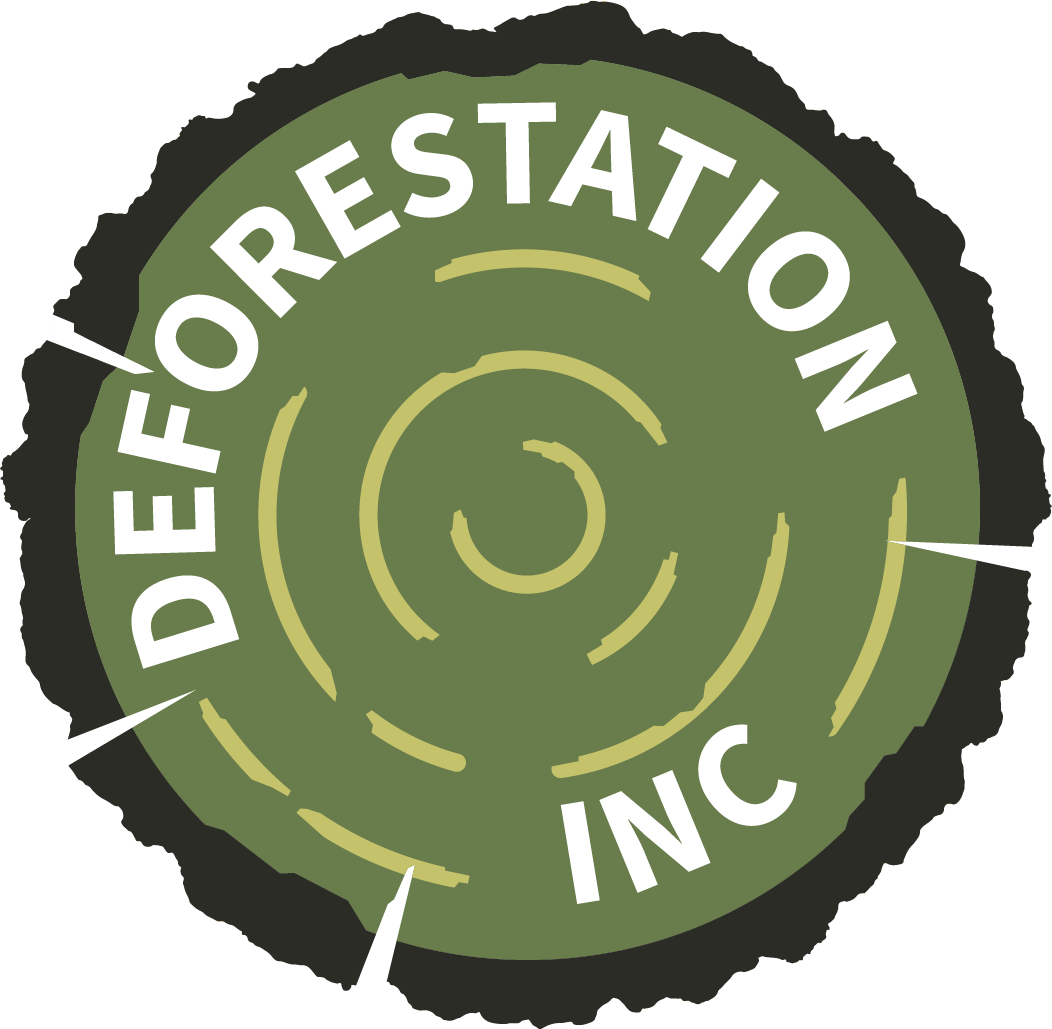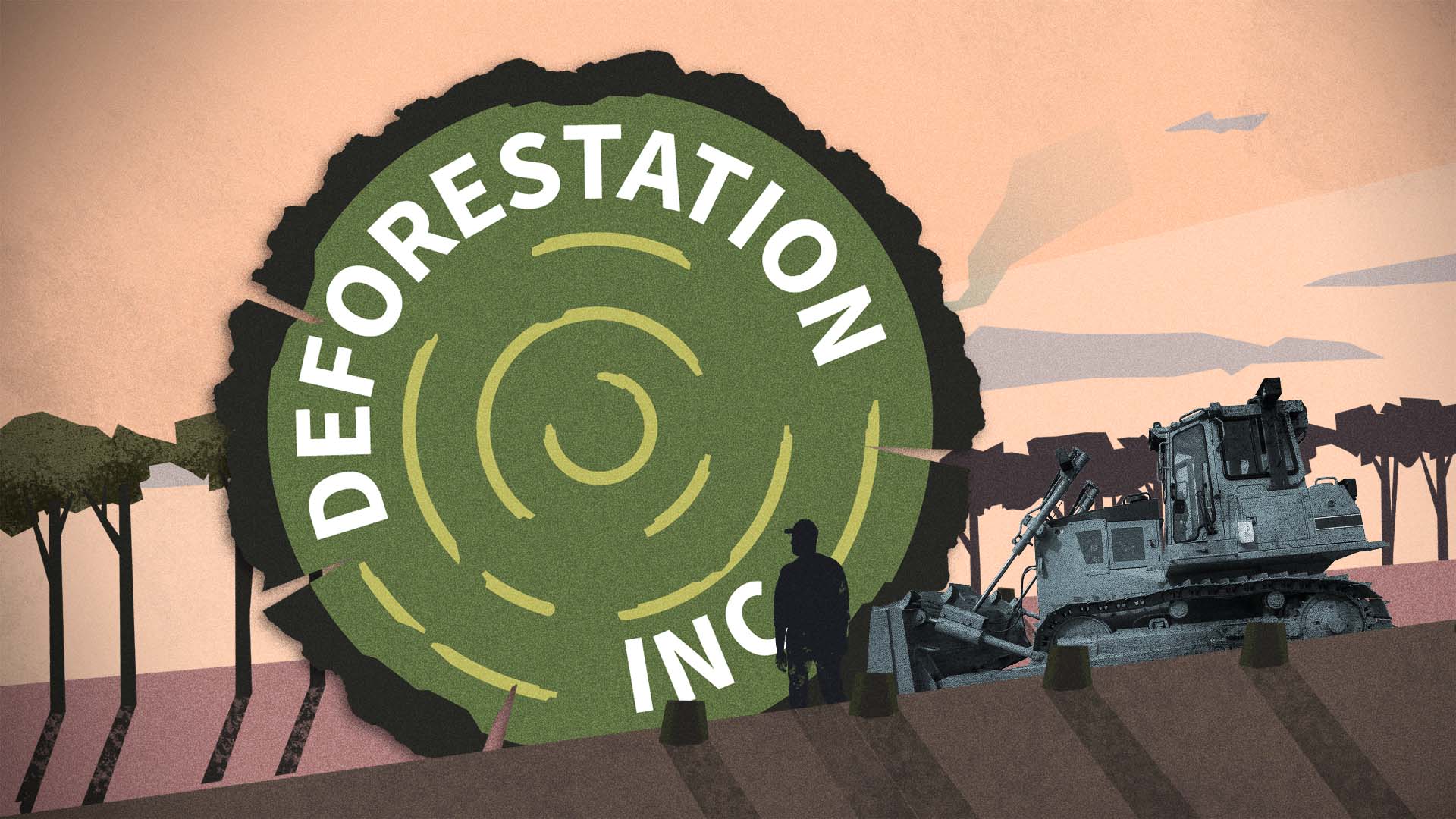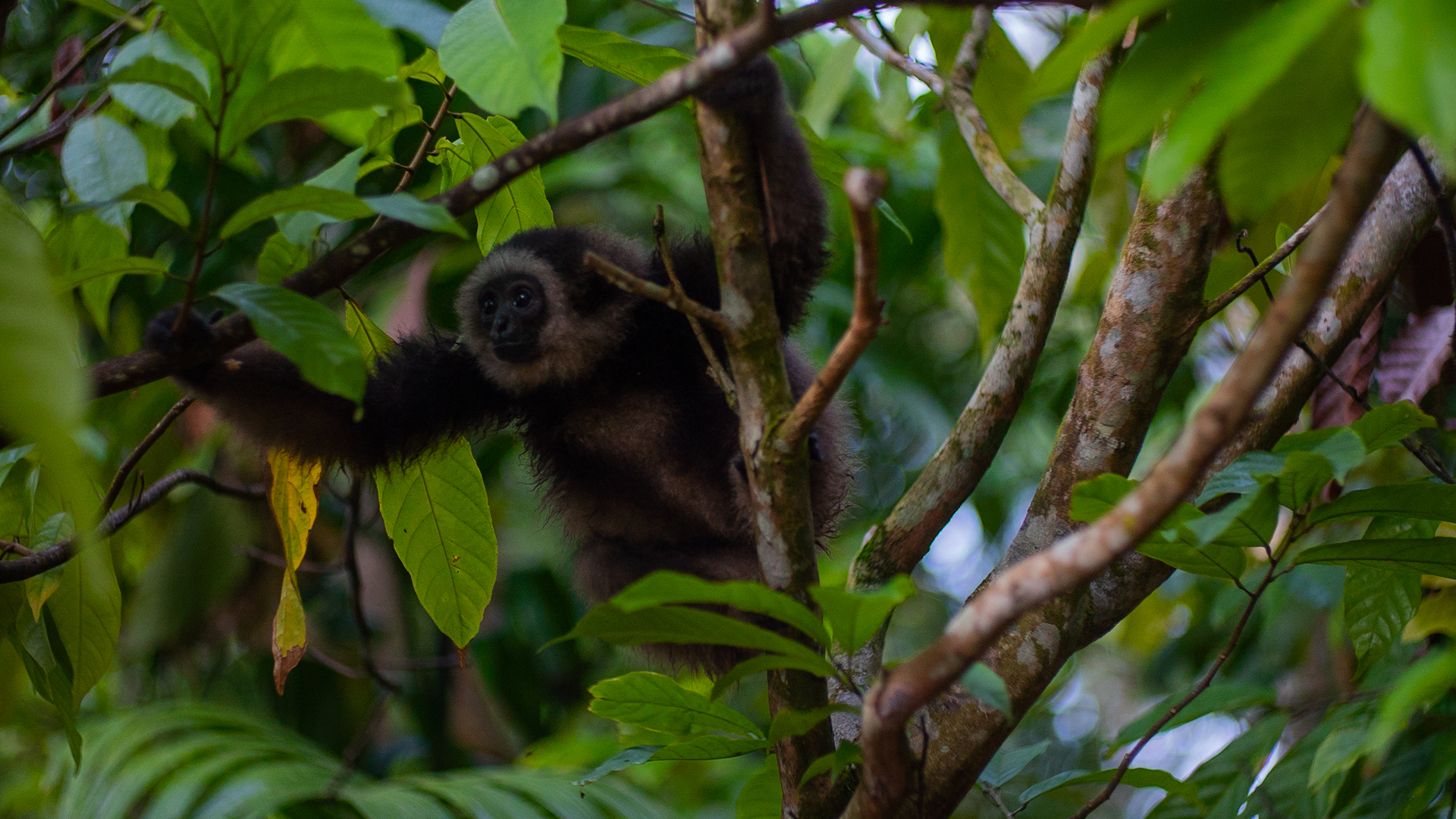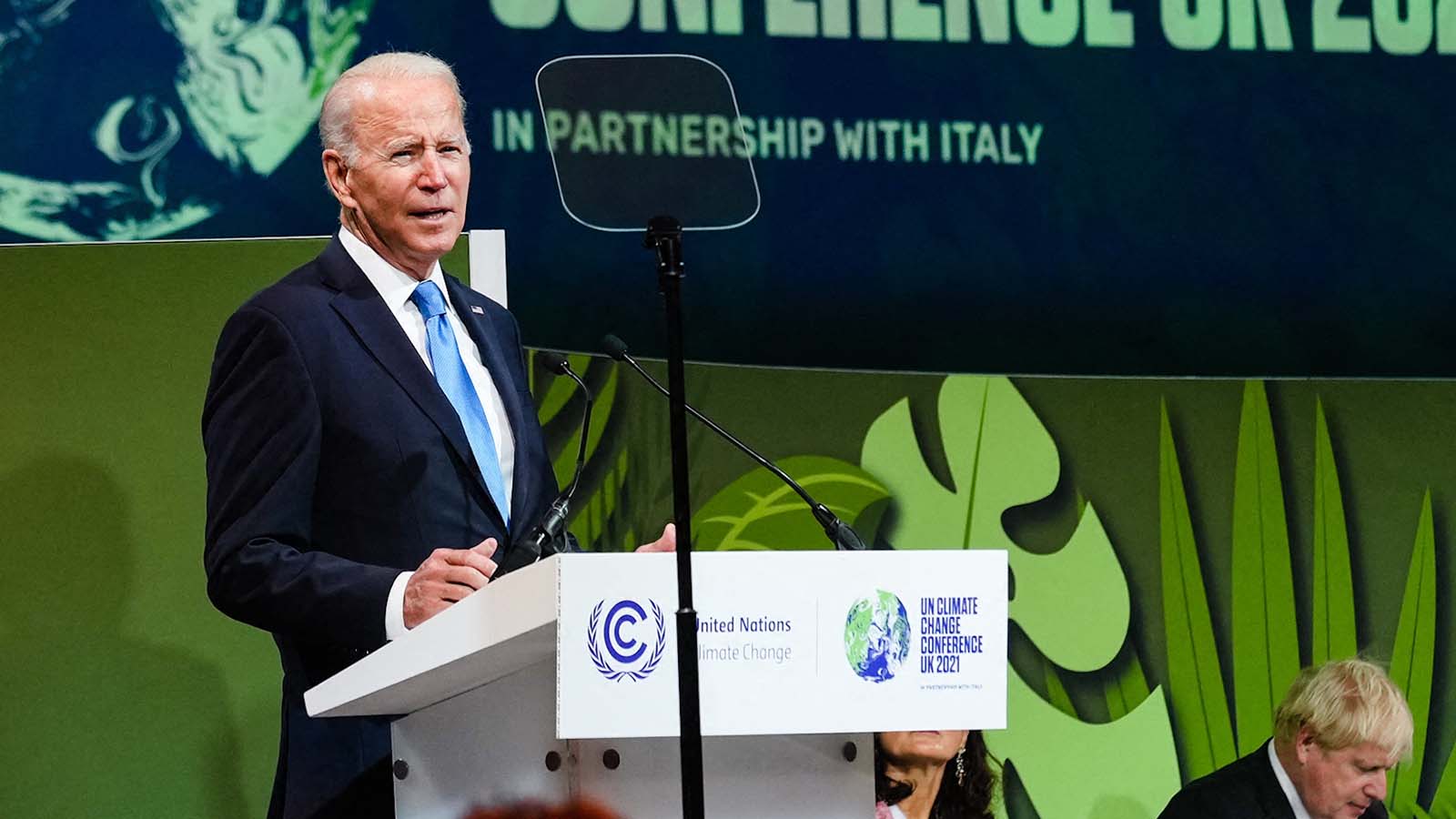DEFORESTATION INC
Indonesian billionaire family accused of controlling ‘shadow company’ group linked to major deforestation
Former employees of the group said that the Tanotos — who own a “sustainable” pulp and paper giant — were allegedly secretly undermining the conglomerate’s environmental commitments.
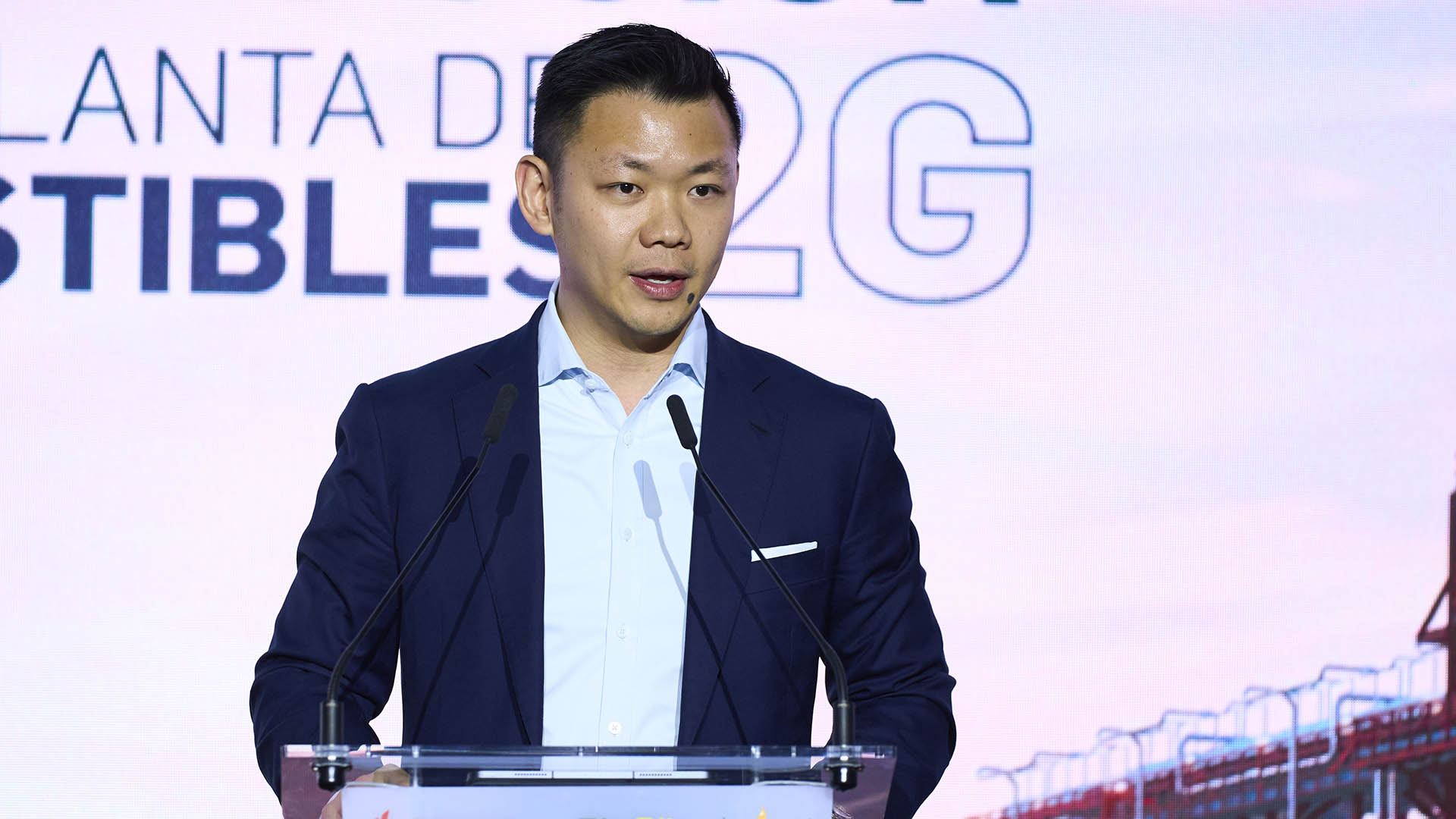
Former employees of a string of secretive companies accused of clearing swathes of Borneo rainforest claim the group is controlled by Royal Golden Eagle, one of the world’s largest producers of wood pulp and paper, a new investigation by ICIJ partner The Gecko Project and Bloomberg reveals.
RGE, which sells an array of products to international brands, is owned by the Tanotos, a super-rich Indonesian business family. According to nine former employees of Borneo Hijau Lestari, the alleged “shadow company” group, Anderson Tanoto, the son of RGE’s founder, oversaw the company himself, The Gecko Project reported.
Tanoto has been outspoken about sustainability and conservation at top conferences, tackling topics like biodiversity and renewable energy at Davos, Cop26 and the G20 business summit, The Gecko Project noted. Meanwhile, BHL’s subsidiaries have reportedly ranked among Indonesia’s top “deforesters” of pulp and paper.
According to The Gecko Project, BHL’s owners use offshore secrecy jurisdictions, such as Samoa, to conceal their identities. But seven of the nine insiders — who worked at BHL and its subsidiaries between 2015 and 2024, and ranged from junior staff to managers — told reporters that BHL’s real owners were the Tanoto family, citing managerial overlap and internal documents with RGE’s heading, and they pointed to Anderson’s visits. Two others told The Gecko Project they were asked by managers to prepare for multiple visits from Tanoto, who traveled by helicopter, between 2018 and 2023.
“This is really, really strong evidence that RGE and BHL are connected,” Syahrul Fitra, a senior forest campaigner at Greenpeace who reviewed the findings told The Gecko Project. “Why else would an RGE boss, a high-level person, come to a concession like that?”
The new investigation adds to a March report by Greenpeace and other environmental groups that alleged RGE had masked its ties to an Indonesian pulpwood company, PT Mayawana Persada, accused of widespread destruction of forests and orangutan habitats.
One BHL subsidiary, Industrial Forest Plantation, is considered one of Indonesia’s top offenders when it comes to deforestation and has destroyed an area of forest roughly a third of the size of New York City since 2019, according to deforestation monitoring consultancy TheTreeMap.
RGE denies the alleged relationship with BHL.
“The claims of any such links of ownership or control are unfounded, unsupported and untrue,” RGE said in a recent statement. “It is inappropriate for RGE to comment on the ambiguous remarks of those said by the Gecko Project to be employees or former employees of companies that we have no connection with.”
The Gecko Project’s new reporting follows a series of investigations by ICIJ and its partners that revealed how corporations frequently obscure connections to deforestation and environmental crimes. ICIJ’s Deforestation Inc. investigation, in collaboration with 43 media partners worldwide, exposed flaws in the environmental auditing industry and certification programs intended to promote responsible forestry and other social goals.
In November 2023, The Gecko Project found that over the past decade, major producers of palm oil, and pulp and paper products have publicly touted sustainability goals while establishing so-called “shadow companies” that allow them to continue destroying rainforests.
As part of the cross-border investigation, The Gecko Project also revealed previously unknown links between palm oil giant First Resources, the billionaire family that owns it, and a trio of companies that have reportedly cleared more forest for palm oil than any other firm in Southeast Asia. Eight international brands told The Gecko Project they would stop supplying palm oil from the Singapore company following the exposé.
Similarly, Canadian, French and Indonesian reporters who worked on Deforestation Inc. documented hidden ties between Paper Excellence, one of North America’s largest pulp and paper companies, and Asia Pulp and Paper, a Chinese-Indonesian forestry company accused of environmental destruction and human rights abuses.
Both Paper Excellence, which recently rebranded as Domtar, and First Resources have denied to ICIJ’s media partners that they’re linked to suppliers accused of environmental harm.
The Gecko Project’s reporting on RGE’s alleged connection to First Resources sparked an investigation by the Roundtable on Sustainable Palm Oil, an industry body, which is still ongoing. Meanwhile, environmental groups, including Greenpeace, have pushed back on RGE’s moves to reassociate with the Forest Stewardship Council, the world-leading sustainability council, and called on the Indonesian government to expose all of RGE’s connections.
“The government needs to take serious action,” Fitra told The Gecko Project. “It’s something they can do right now. RGE is trying to cheat the system.”
Update Nov. 1, 2024: This story was updated to include a recent statement provided to ICIJ by RGE after publication.
